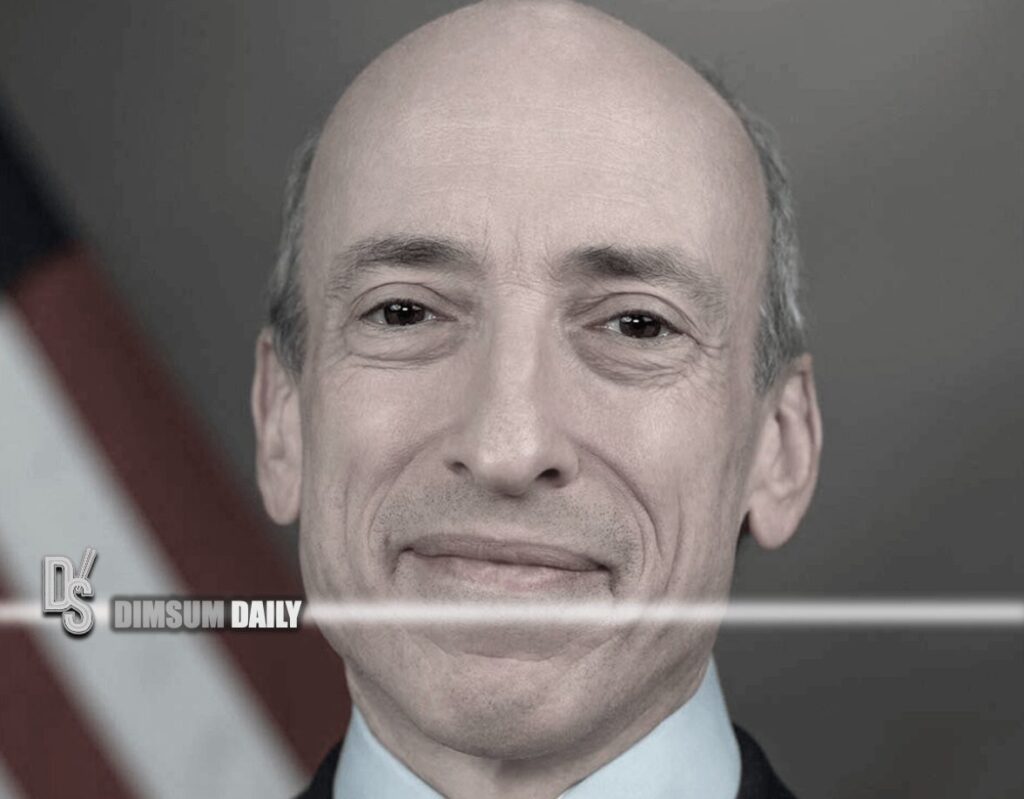
January 10, 2025 – (New York) In recent statements, outgoing SEC Chairman Gary Gensler has expressed serious concerns about the likelihood that many cryptocurrency projects will fail, citing the prevalence of bad actors within the industry . As he prepares to resign from office on January 20, Gensler reiterated his critical stance on the crypto sector, highlighting the need for increased regulation of altcoins and intermediaries.
In an exclusive interview with David Gura on Bloomberg Markets, Gensler highlighted the progress the SEC has made during his tenure, particularly in addressing issues raised by former Chairman Jay Clayton, who filed a lawsuit against Ripple for alleged securities violations related to XRP sales.
Gensler categorized the cryptocurrency landscape into two segments: Bitcoin and “everything else.” He condemned many crypto projects for soliciting public investment based on speculative promises rather than solid fundamentals, predicting that the vast majority of these initiatives are unlikely to endure. He also expressed concern about widespread pump-and-dump schemes, referencing high-profile figures such as Sam Bankman-Fried and Do Kwon, whom he accused of contributing to significant investor losses.
Despite the SEC’s efforts, including enforcement actions against companies like Ripple, Binance and Coinbase, Gensler acknowledged that the industry continues to thrive in a largely non-compliant environment. He said, “I’m proud of what we’ve done, building on what Chairman Clayton and others have done before,” while acknowledging that additional regulatory work is needed.
Contrasting opinions emerged from federal judges and crypto industry executives, including Ripple CEO Brad Garlinghouse, who accused the SEC of going too far. Recent court rulings have clarified that XRP is not classified as a security, marking an important legal victory for Ripple and its stakeholders.
As Gensler prepares to leave, the SEC is expected to file its opening brief regarding appeals in the ongoing SEC v. Ripple case by January 15, marking its latest contribution to the agency’s approach in the cryptocurrency landscape.




